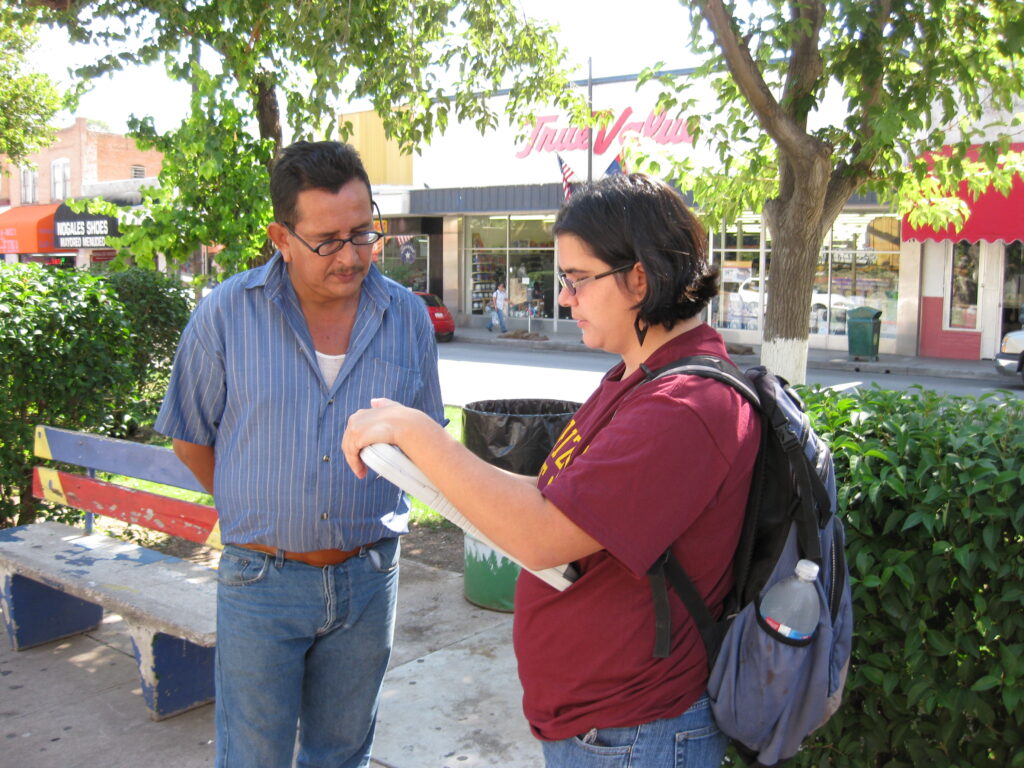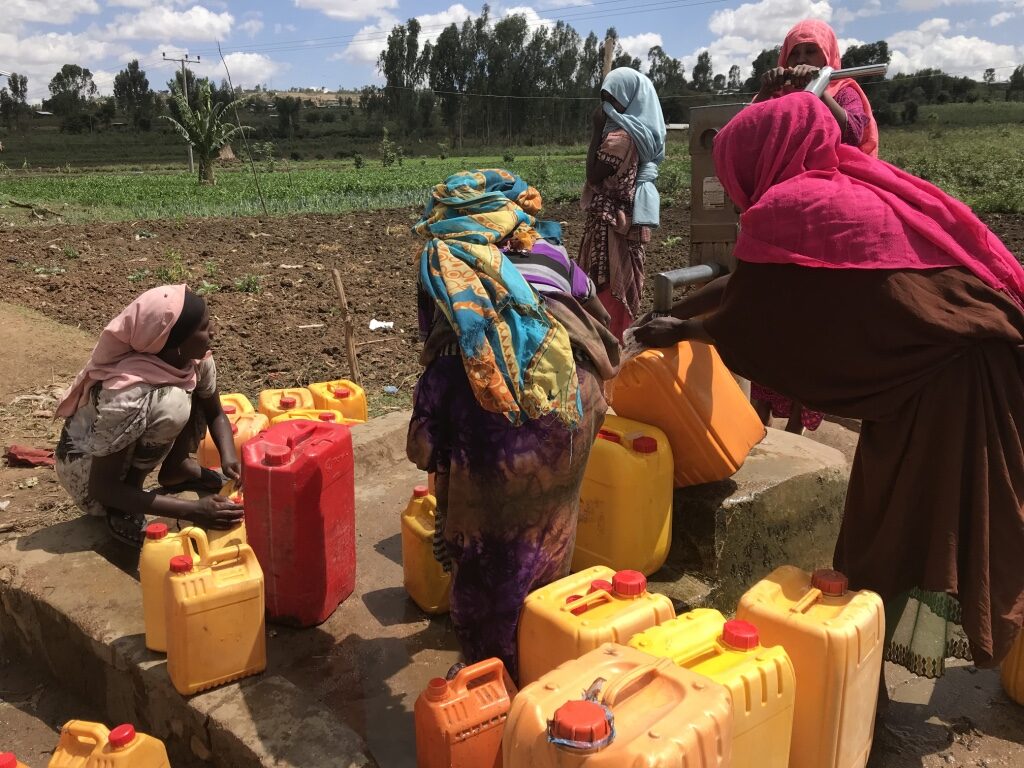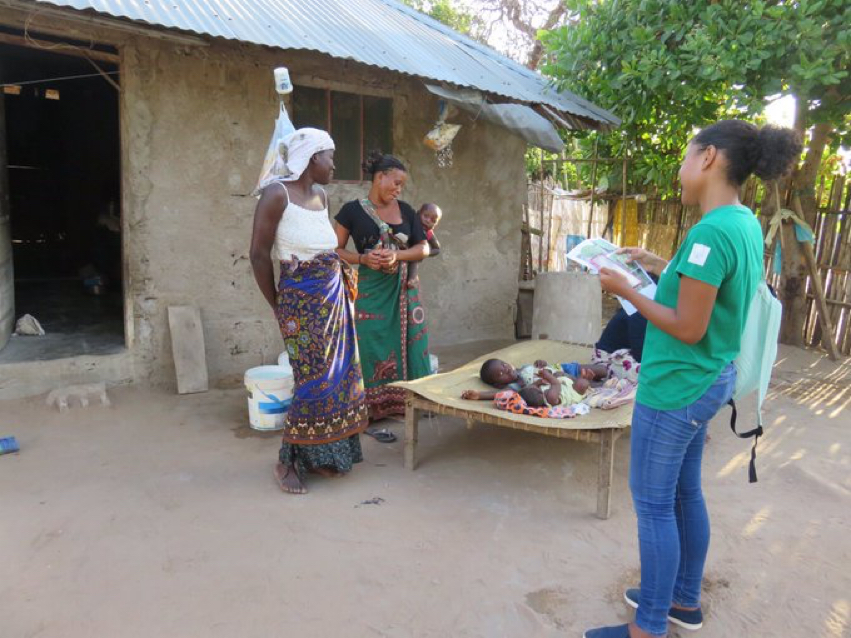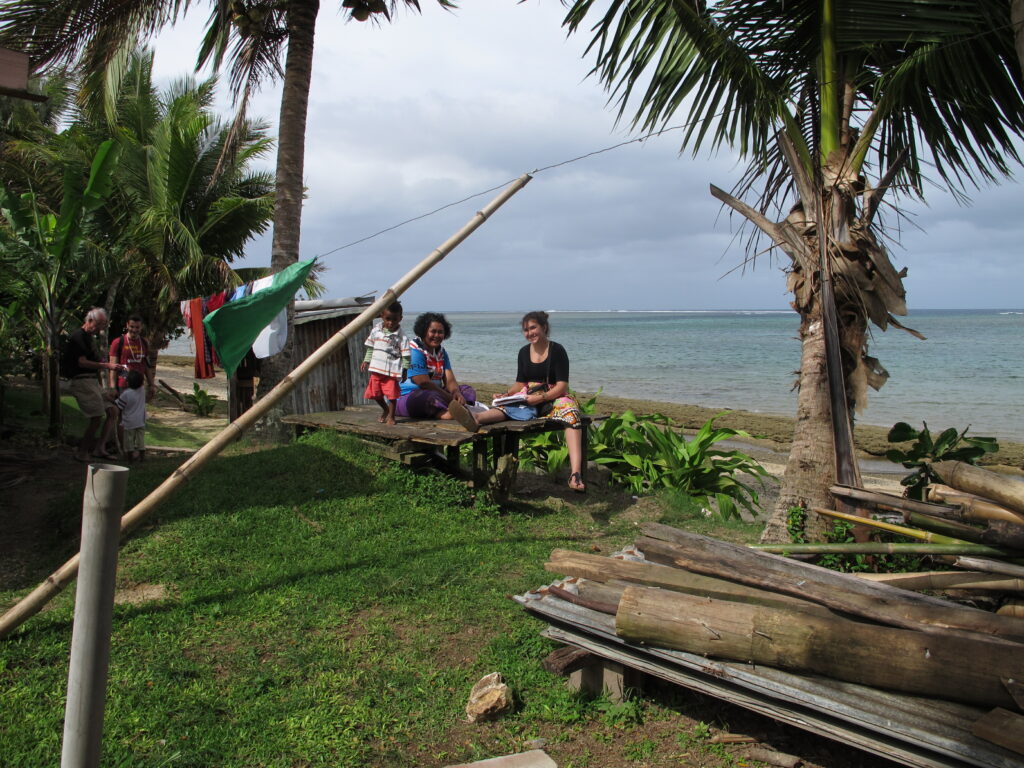I deploy theories and methods from across social science to unravel the socially- and culturally-embedded mechanisms (such as stigma) that shape our health. To understand and design solutions to complex problems - like how to deliver quality health care or water security - I work in large, diverse, collaborative teams with scholars from many fields and countries. I also work with groups outside of academia before, during, and after projects - local communities, international development agencies, other state and private institutions like hospitals or NGOs, and/or elected leaders - to identify the very best ways to translate our research into sustainable, meaningful change.
At any time, I have a range of varied ongoing projects at different stages. What follows is a sample.
Small World/Big Bodies

For the last 3 decades, I have been using comparative (cross-cultural) research to understand trends in how humans react to their own and others' body weight, and explain their social and emotional consequences.
Our earlier research showed how stressful forms of weight worry are now globalized (here is the NYTimes coverage). In 2021 we published a more detailed study -- "Fat in Four Cultures" --based on ethnographic fieldwork in Japan, Paraguay, Samoa, and the US, detailing what this means for people's everyday lives.
Currently, we are collaborating with other international teams to investigate user's experiences of GLP-1 drugs as these are rolled-out and becoming more accessible globally.
Household Water Insecurity

For some years, I have been working to understand the biocultural mechanisms that link water insecurity to worse health and mental health outcomes. This provides new ways to design solutions. For example, we are producing consistent evidence that water insecurity drives household food insecurity. This then explains why food insecurity interventions should begin by securing household water access. Our research is also showing how living with water insecurity is a powerful emotional driver of depression and other common mental illness, suggesting investments in fair water systems have much wider health impacts than previously recognized.
Analysis and write-up of data collected in Haiti in 2018 and Ethiopia in 2019 is now mostly completed. Currently we are developing new work focused on understanding and tackling water insecurity in higher income countries using Arizona's most water vulnerable communities as test cases.
This research is connected to the HWISE community of practice, an effort that brings together scholars and practitioners from all around the world to better document the stressful experience of living with water insecurity and -- importantly -- do something to improve it.
The Global Impact Collaboratory [GIC]

How do we know that our projects will or do have a meaningful, sustainable impact? Launched in 2015, the Global Impact Collaboratory (GIC) tests the best ways to bring innovative ethnographic methods into development program design, monitoring, and evaluation. We are always happy to talk to people about how anthropology can improve development, and manage contracts to help programs improve the monitoring, evolution, and learning. Recent USAID-supporting projects have been located in Mozambique (coastal climate adaptation), West Bank (justice), Haiti (rule of law), and Zambia (community conservation). You can read about the Mozambique work here.
The Global Ethnohydrology Study [GES]

Running strong since 2006, the Global Ethnohydrology Study (GES) studies local cultural knowledge and coping with water insecurity and other challenges of living with climate change. To date, we have collected data in 20+ different countries, and at multiple sites within the US.
The GES is a signature project that not only collects important research data, but also is committed to training cohorts of students in field collection and lab analysis of cultural data; to date, thousands of students and dozens of experts from an array of fields have participated.
In 2021-22, we collected extended interview data in three South Asian countries to understand how women use language to reclaim their dignity around a humiliating, deeply-distressing phenomena called “period poverty.” In 2022-24, we are examining the idea of "moral economies" of water sharing. In 2025-26, we are investigating how the entwined physical and emotional experiences of thirst are similarly/differently recognized and interpreted across diverse sites.
Information about and publications from this study can be found here.